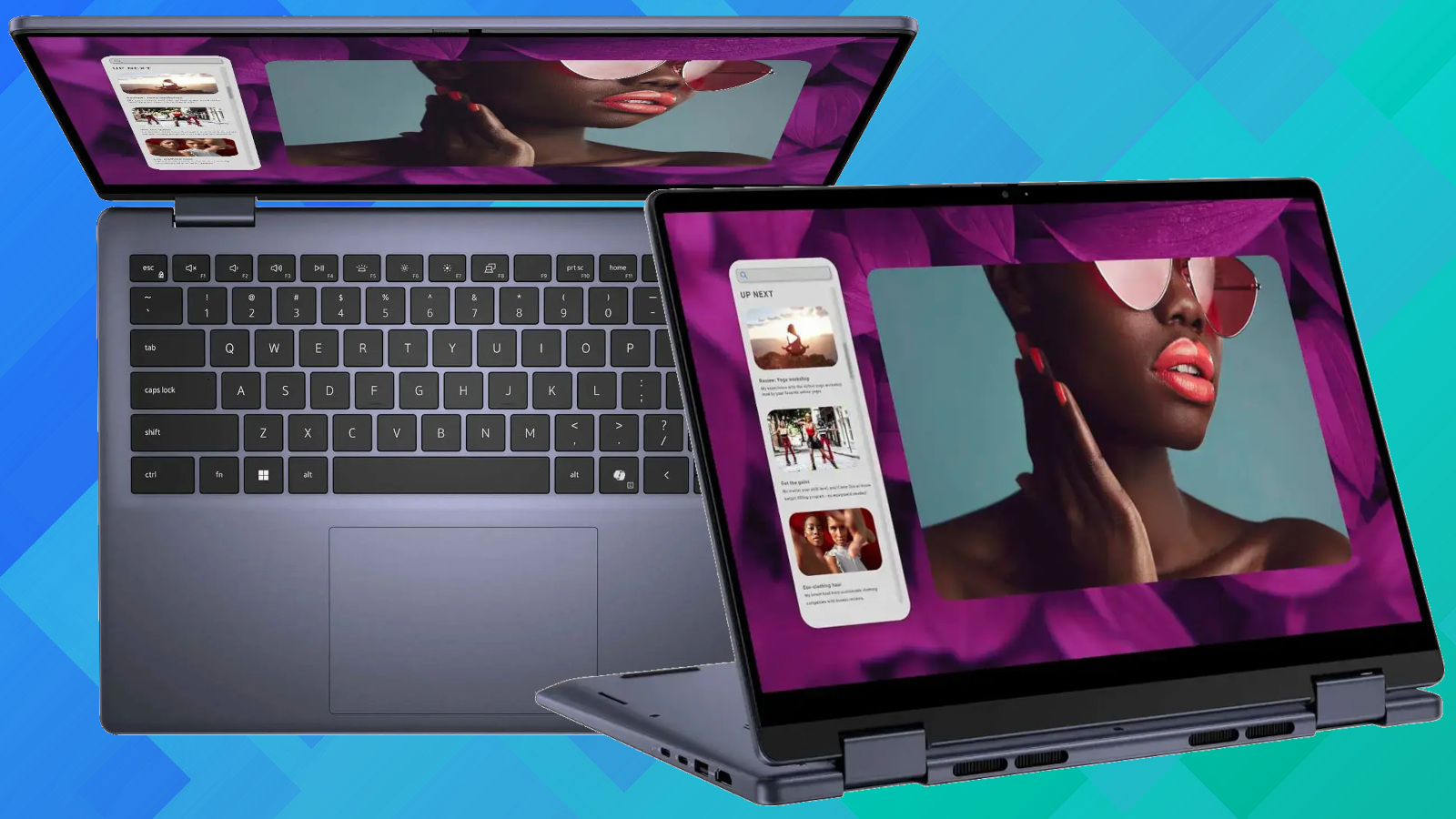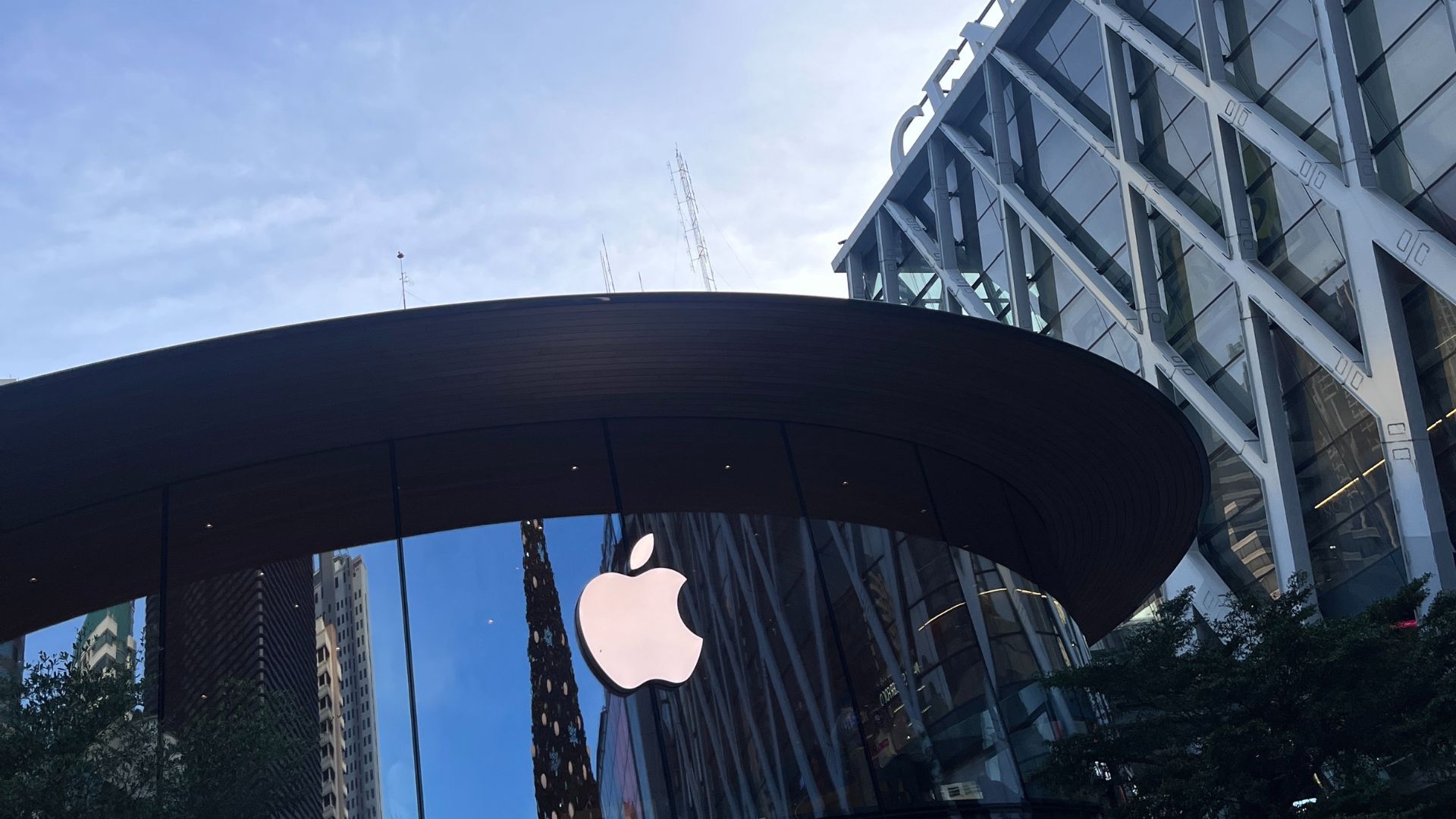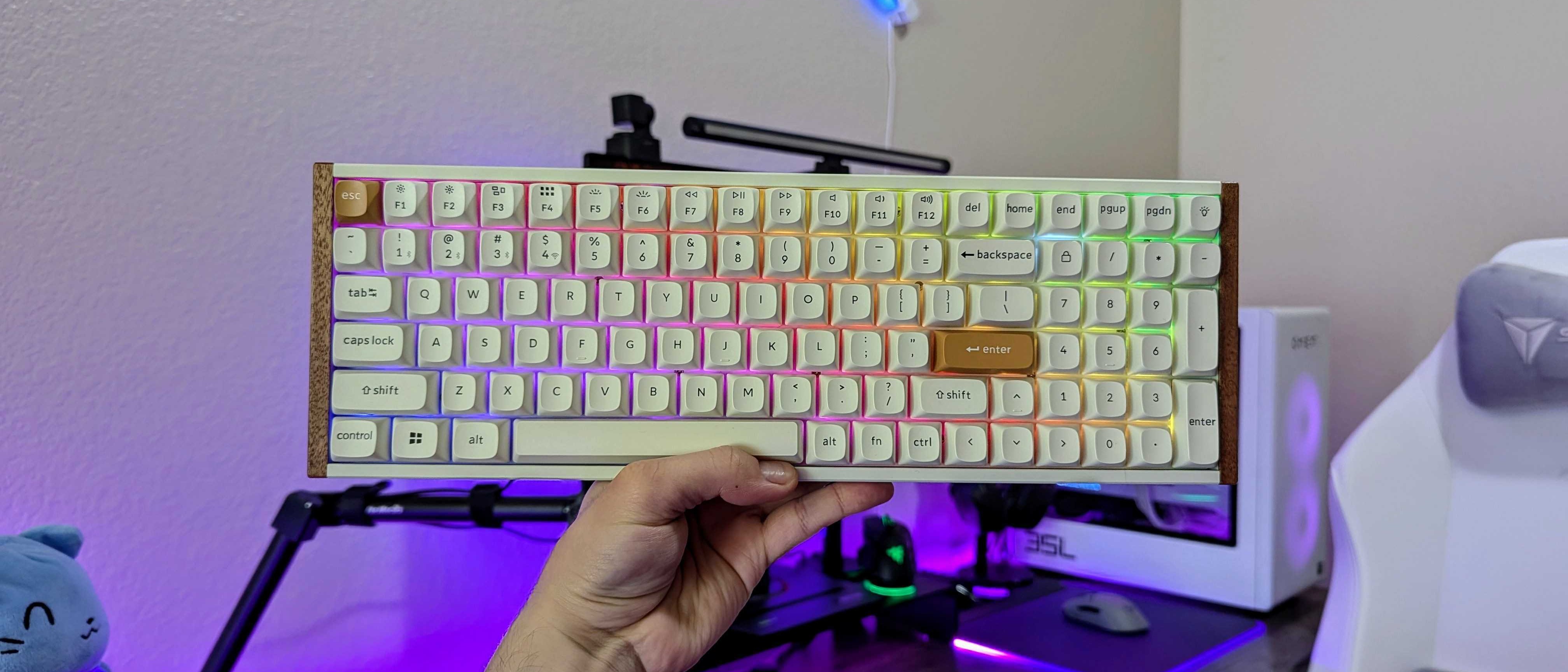Tariffs
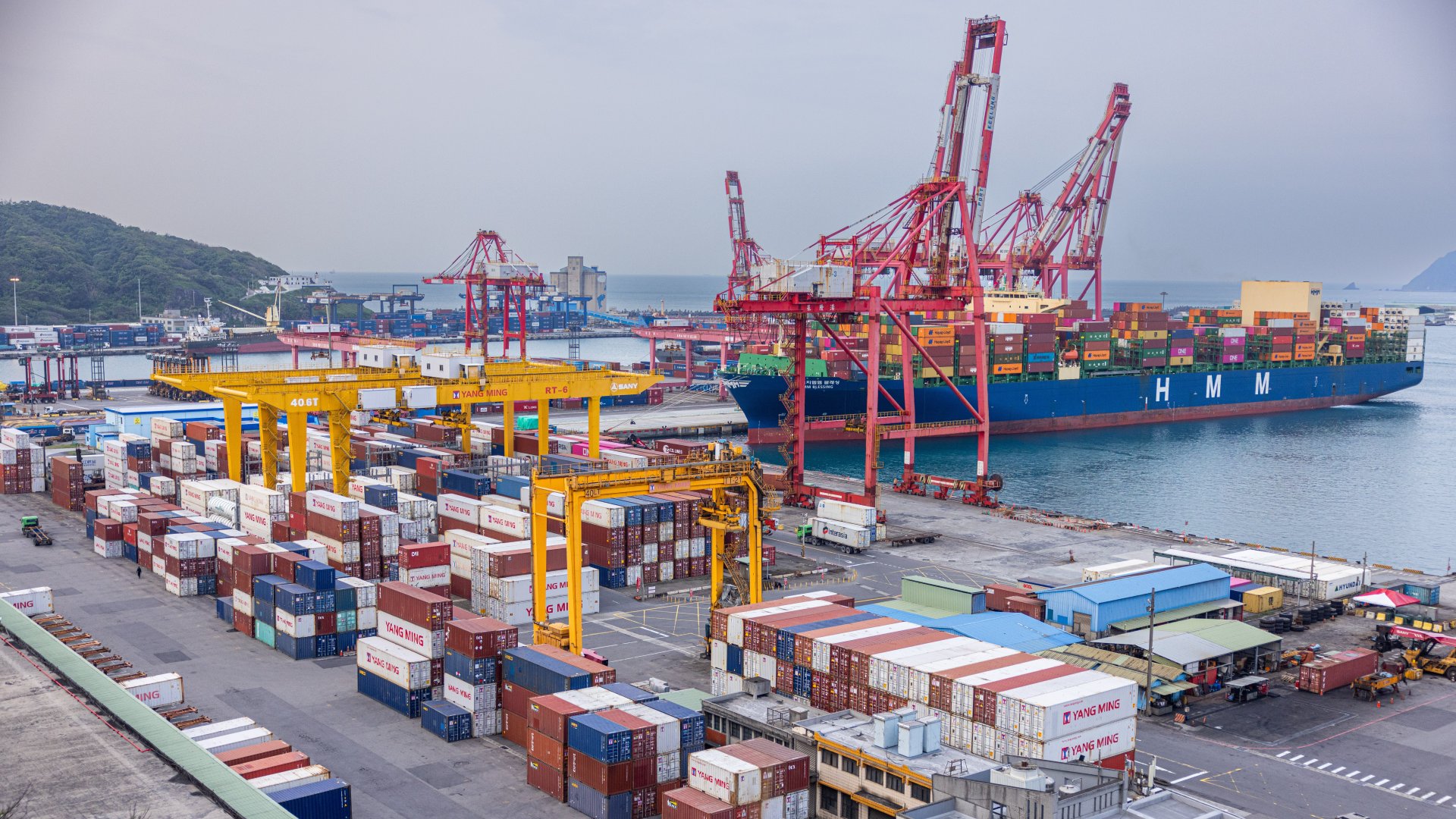
What are tariffs, and why are they the hot topic for 2025?
The short version is that a tariff is a tax paid by companies importing goods to a specific country. Tariffs are used as a trading strategy to offset imbalances caused by competition and different levels of importing/exporting by countries and to protect core markets.
Every country imposes tariffs, which vary based on the product or industry, and many are agreed to via trade agreements.
For example, let's say the US imposed a 125% tariff on goods from China on April 9th, 2025 (which actually happened). A company importing a $1,000 laptop from China must now pay $1,250 as a tax.
So, instead of a $1,000 laptop, it would now cost $2,250!
Who ultimately pays the tariff is up for debate and varies by industry and individual companies. The assumption is that most of the tariff is ultimately paid for by consumers as companies pass on the higher price, meaning things cost more (although people's wages don't increase to make up for it).
These higher prices could reduce purchases, causing companies (and economies) to shrink due to forced lower demand.
Alternatively, a company can swallow the cost with reduced profit margins. Companies may do this to maintain a current market lead that, were they to raise their price, could let their competitors gain market share due to variations in supply chains and origin of export. The downside is that reduced profits are bad for stockholders and could cause a company's valuation to drop with its stock.
In 2025, tariffs have become very relevant due to the Trump administration suddenly raising tariffs across 70+ countries. The ultimate goal of this strategy includes bringing manufacturing jobs back to the US (so companies can avoid paying the tariff altogether), renegotiating free trade agreements with individual companies to favor US priorities, and bringing in money to offset expected tax cuts.
For Windows Central, we cover PCs, laptops, GPUs, processors, and gaming consoles, all of which are negatively affected by tariffs, especially the high ones imposed on China.
Most electronics are manufactured in China, meaning that PCs, laptops, memory, GPUs, etc., will dramatically increase in price or become unavailable as companies (like Razer) halt importing new devices to the United States.
Latest about Tariffs
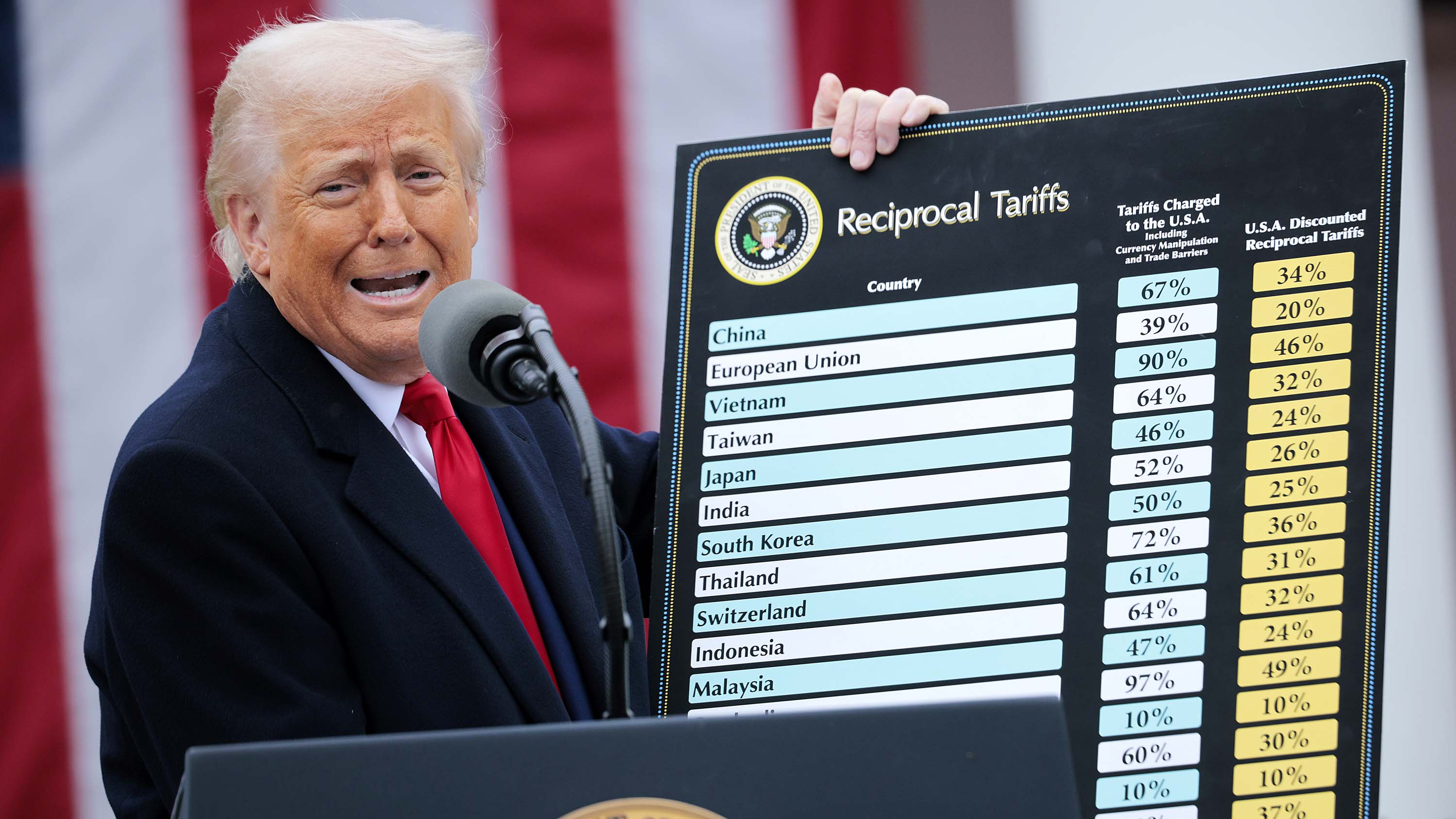
Trade wars: The latest on tariffs, PC, laptops, GPUs, and gaming
By Daniel Rubino last updated
Industry Here's the latest news on how the Trump administration's aggressive tariff strategy is affecting consumer electronics, including PCs and laptops.
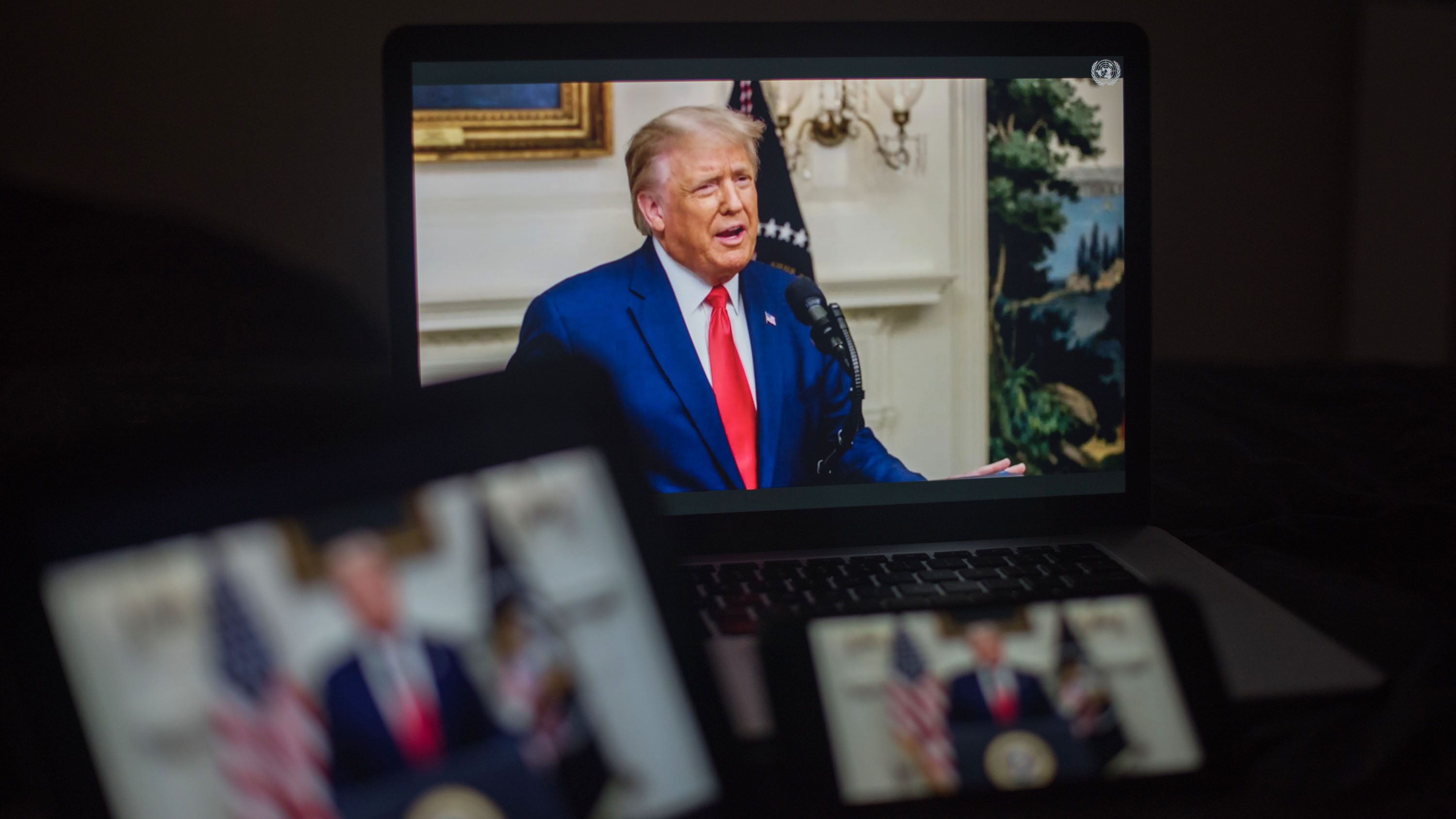
BREAKING: Trump drops tariffs on PCs, laptops, smartphones, and gaming consoles
By Daniel Rubino published
All the doom-and-gloom talk about PCs doubling in price won’t happen as Trump carves out electronics from ‘reciprocal’ tariffs placed on China.

Will software and video games get affected by tariffs?
By Samuel Tolbert published
Gaming As chaos unfolds in global trade, many players are wondering if video games and software prices will be affected by tariffs.

New MSI Claw handhelds have been spotted with $100 higher MSRP
By Rebecca Spear published
Handhelds Due to the current tariff situation, the cost of tech including gaming handhelds, is expected to go up. I've already seen some handheld prices increase recently.

MSI Claw AI+ handhelds are amazing, so here's how to get one
By Rebecca Spear last updated
Handhelds The MSI Claw 8 AI+ and Claw 7 AI+ are fantastic gaming handhelds, but it's nearly impossible for people to buy them. Here's where to grab one.

AMD's Ryzen 8000HX mobile CPUs arrive at the perfect time
By Cale Hunt published
Hardware AMD's "Dragon Range Refresh" isn't much of a change from a hardware standpoint, but the new chips could help keep laptop prices within reason as tariffs rage.
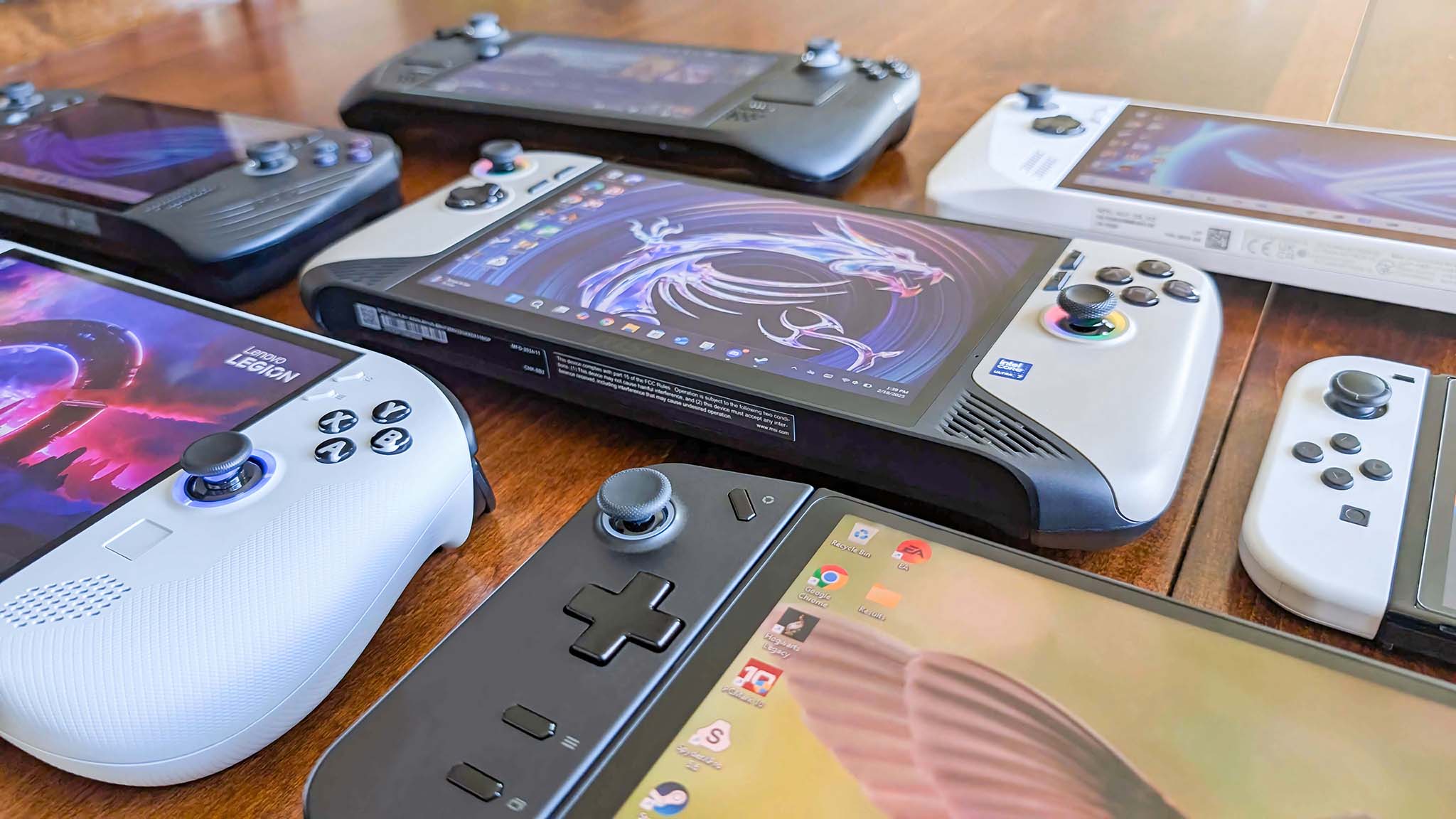
Tariffs and gaming handhelds: I'm keeping track of prices
By Rebecca Spear published
Handhelds Learn all you need to know about how tariffs will affect the cost of gaming handhelds. I'm also keeping tack of current handheld prices so you can know when to buy.

Why it might be worth buying a GPU now before prices go up
By Cale Hunt published
Tariffs The GPU market is already a mess, and the currently inflated prices aren't going to get any better as more tariffs fall into place. Here's what you need to know.
Get the Windows Central Newsletter
All the latest news, reviews, and guides for Windows and Xbox diehards.
